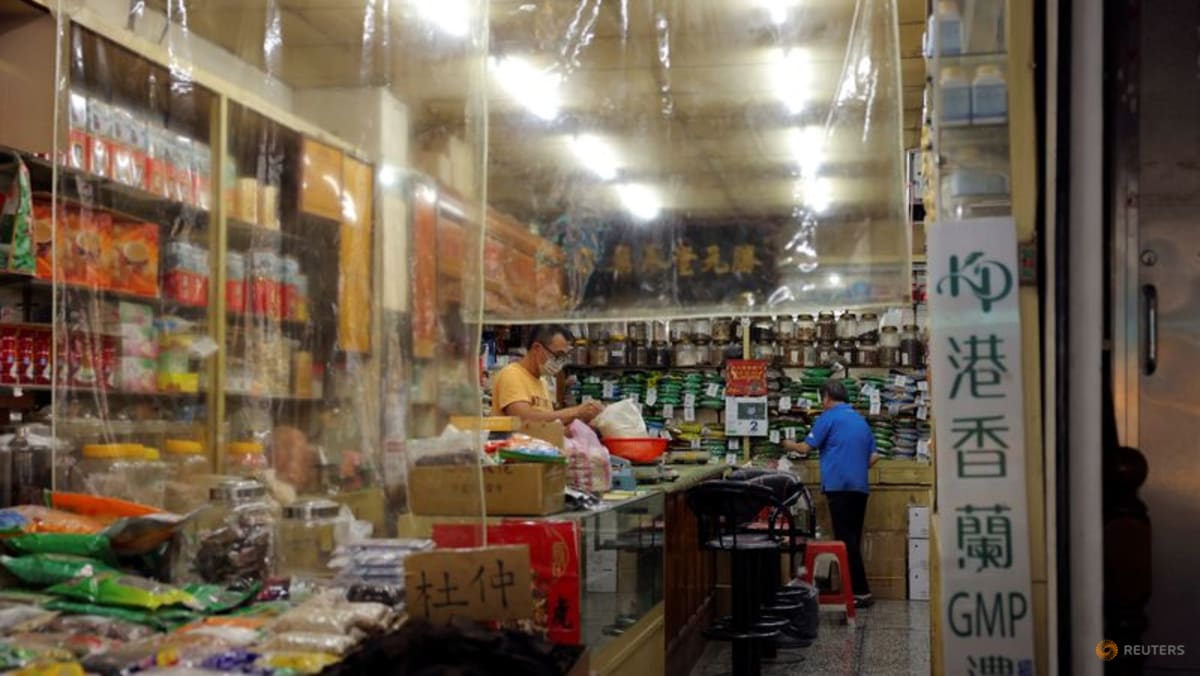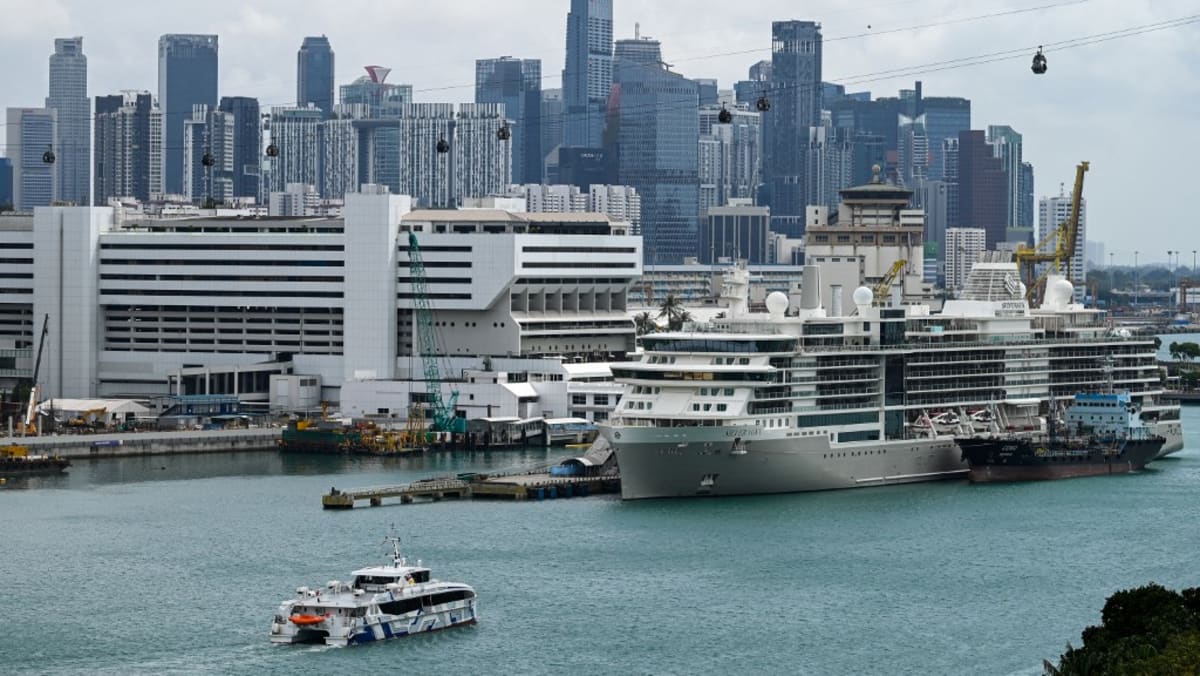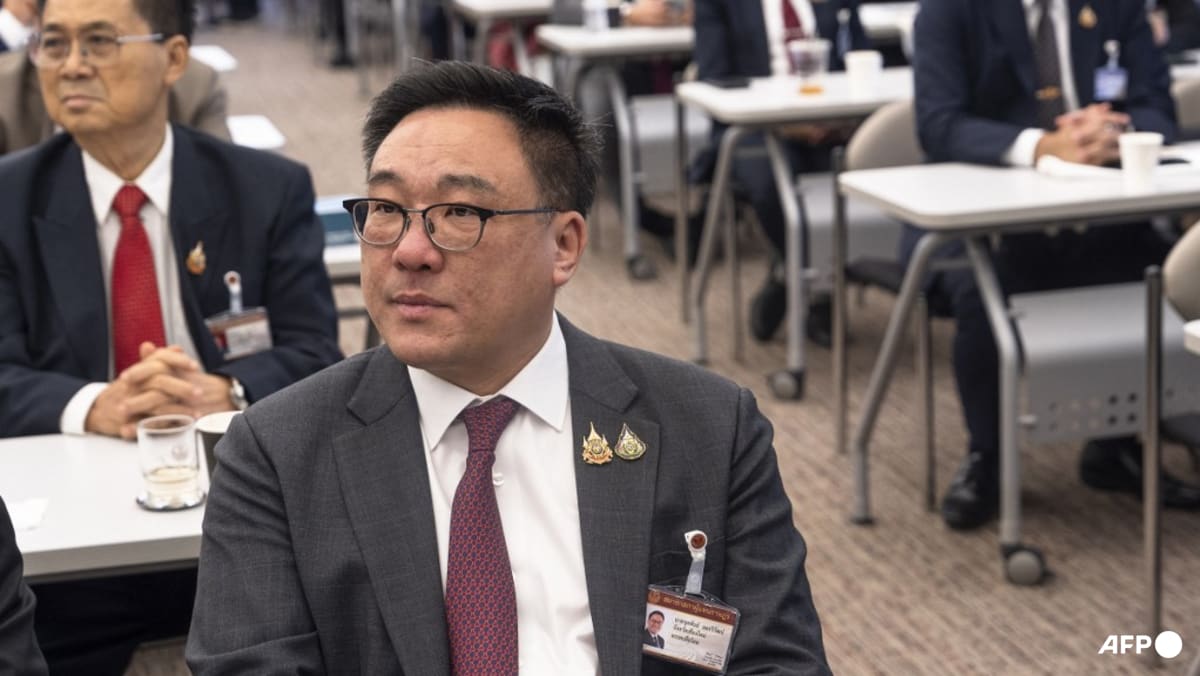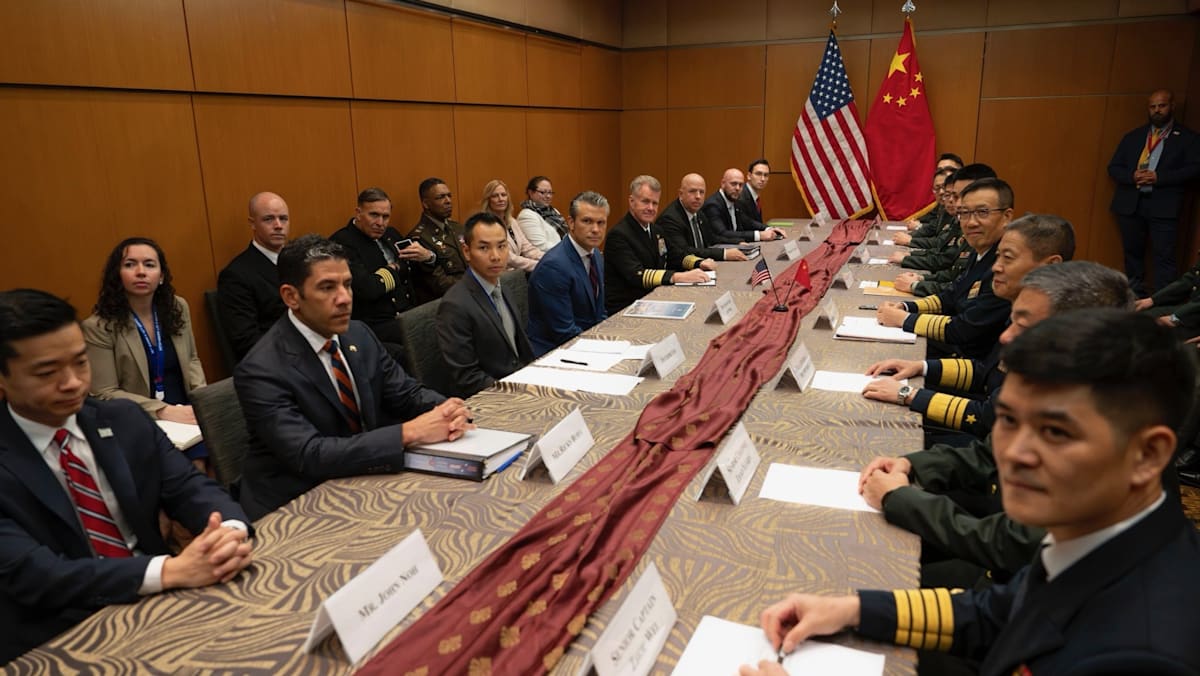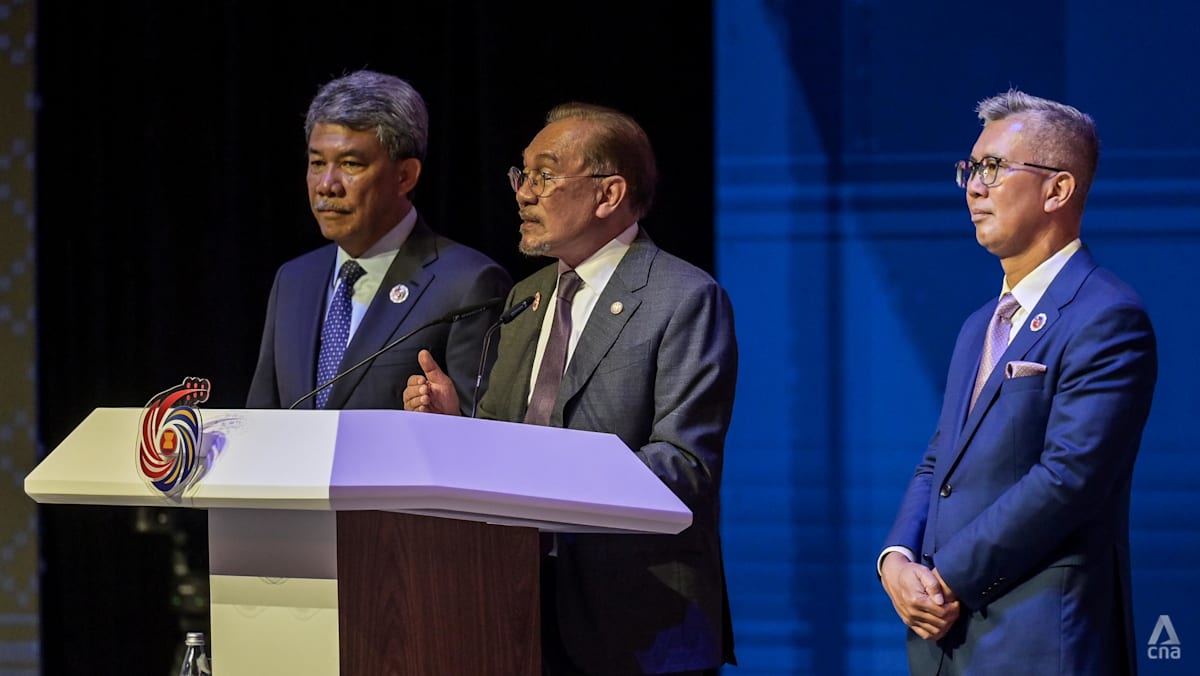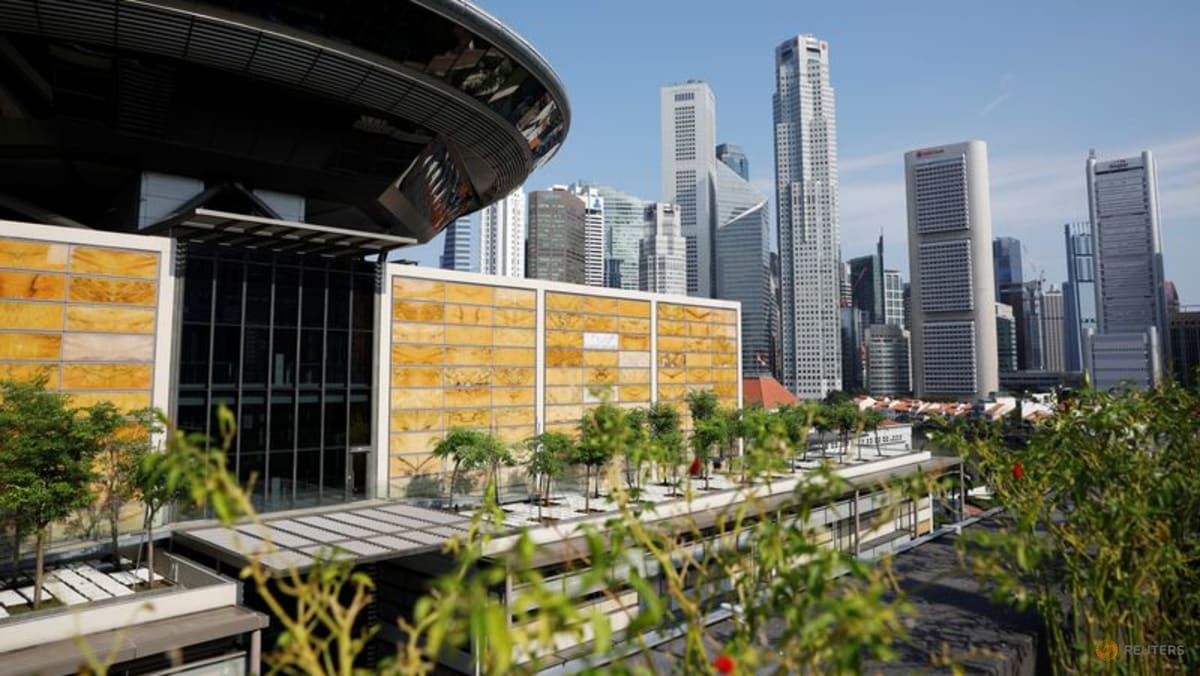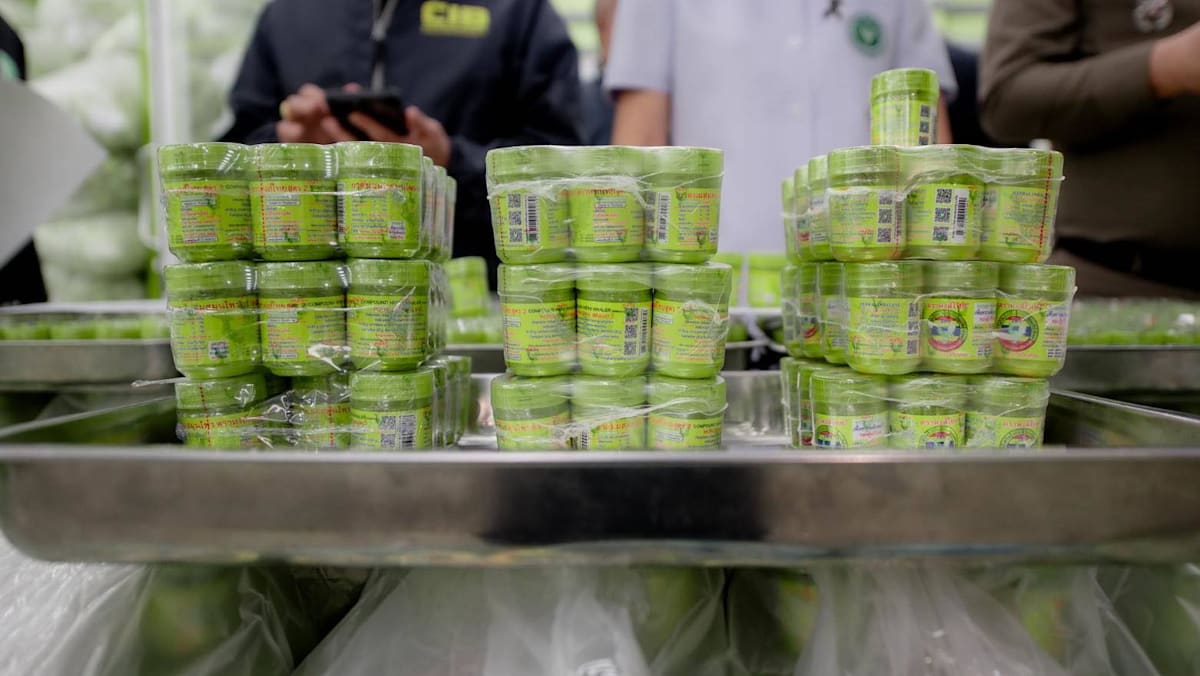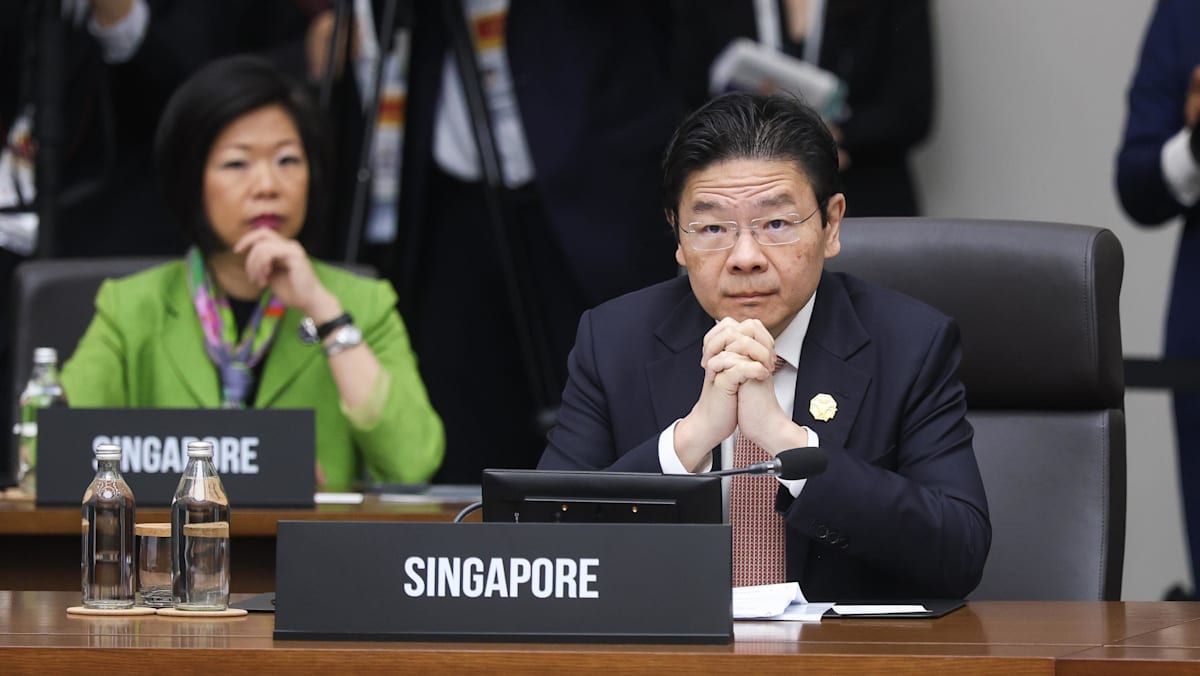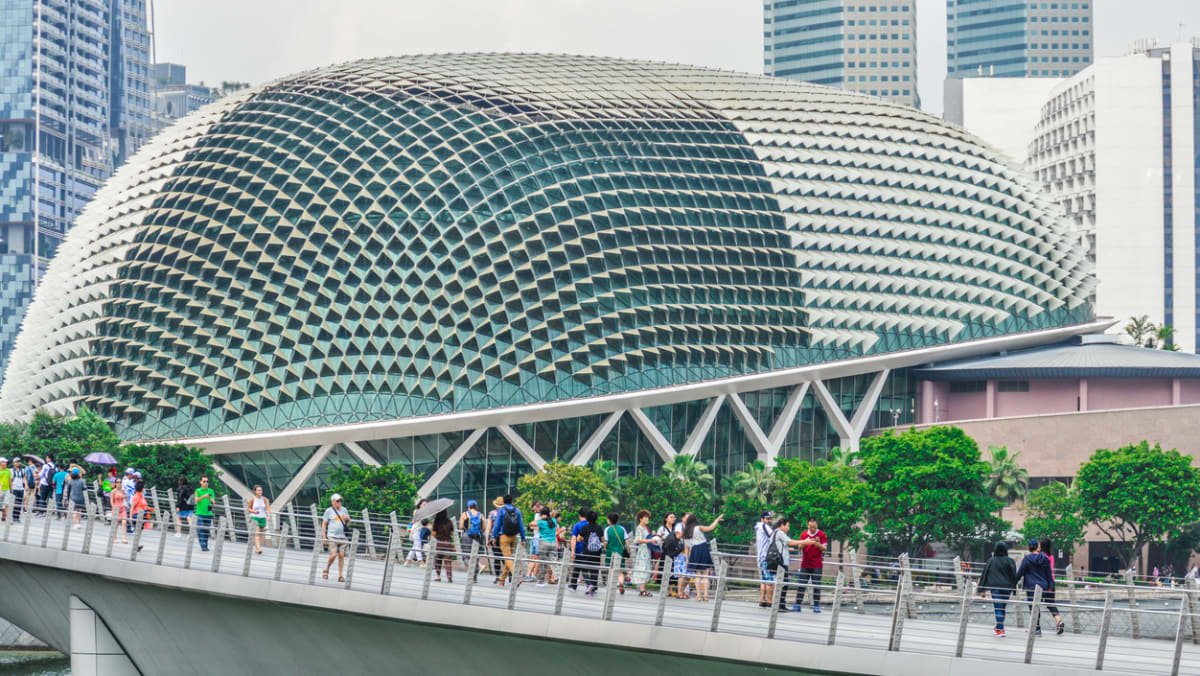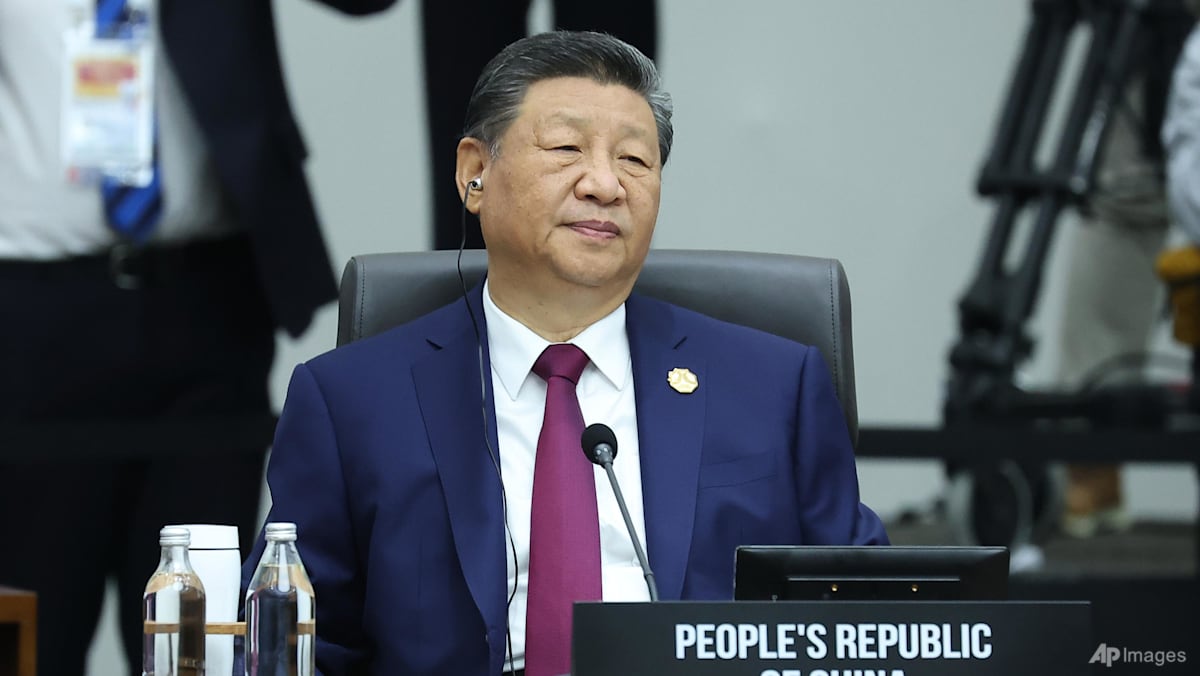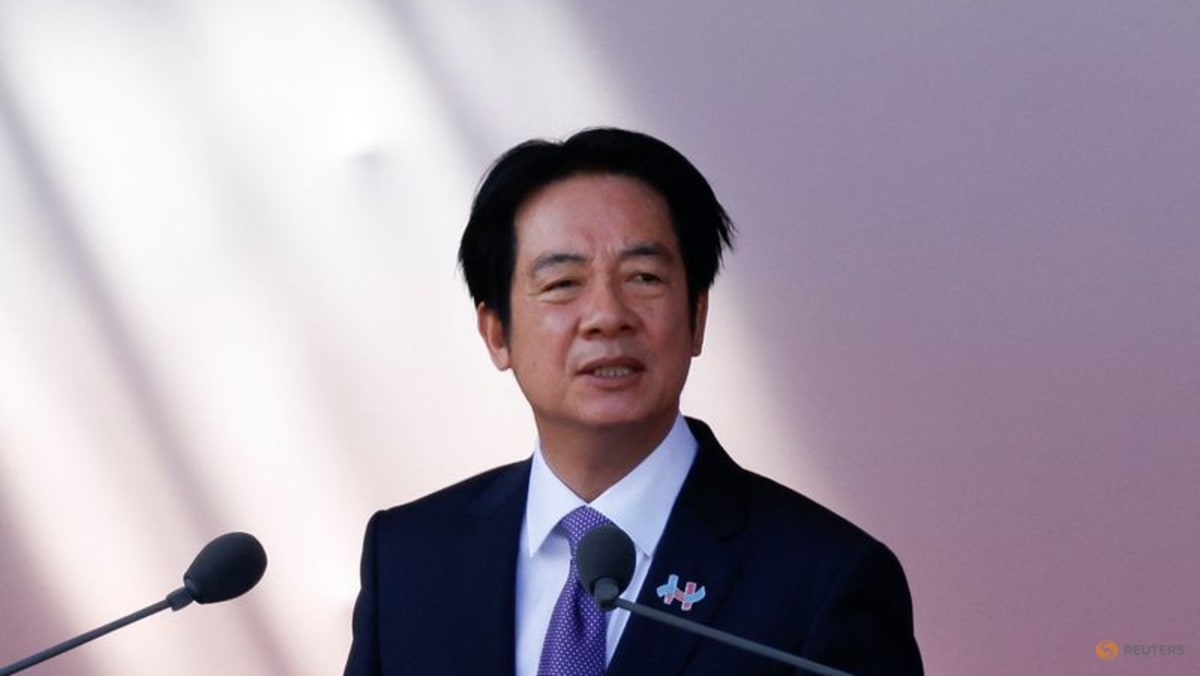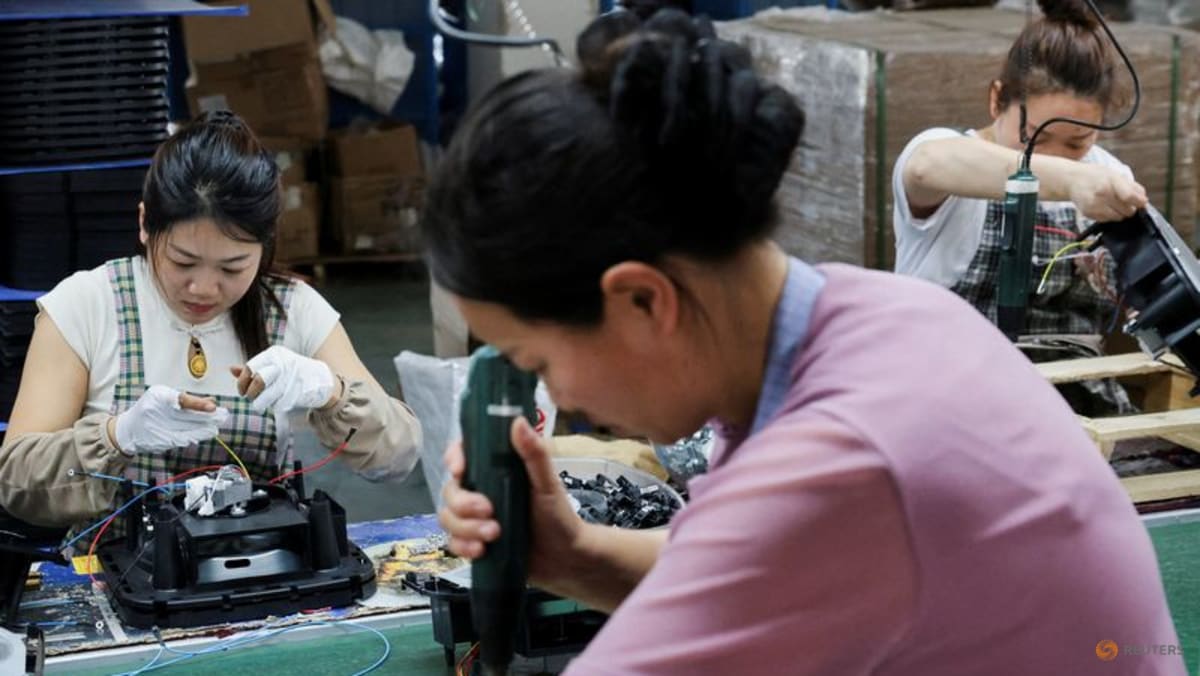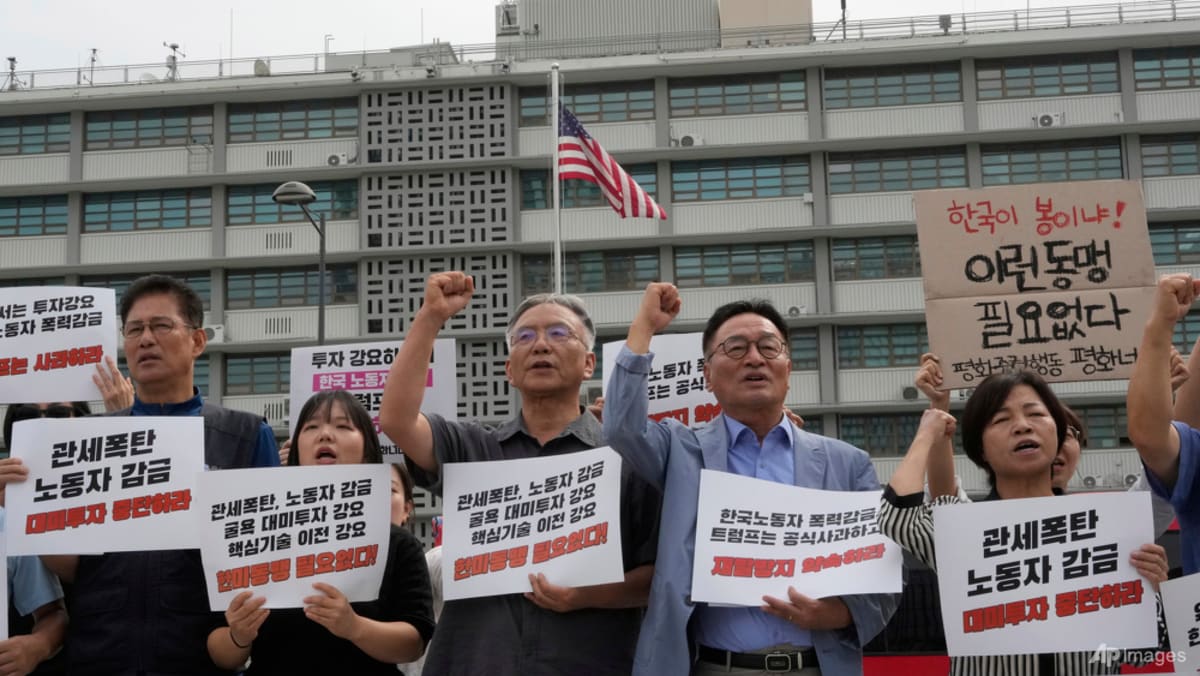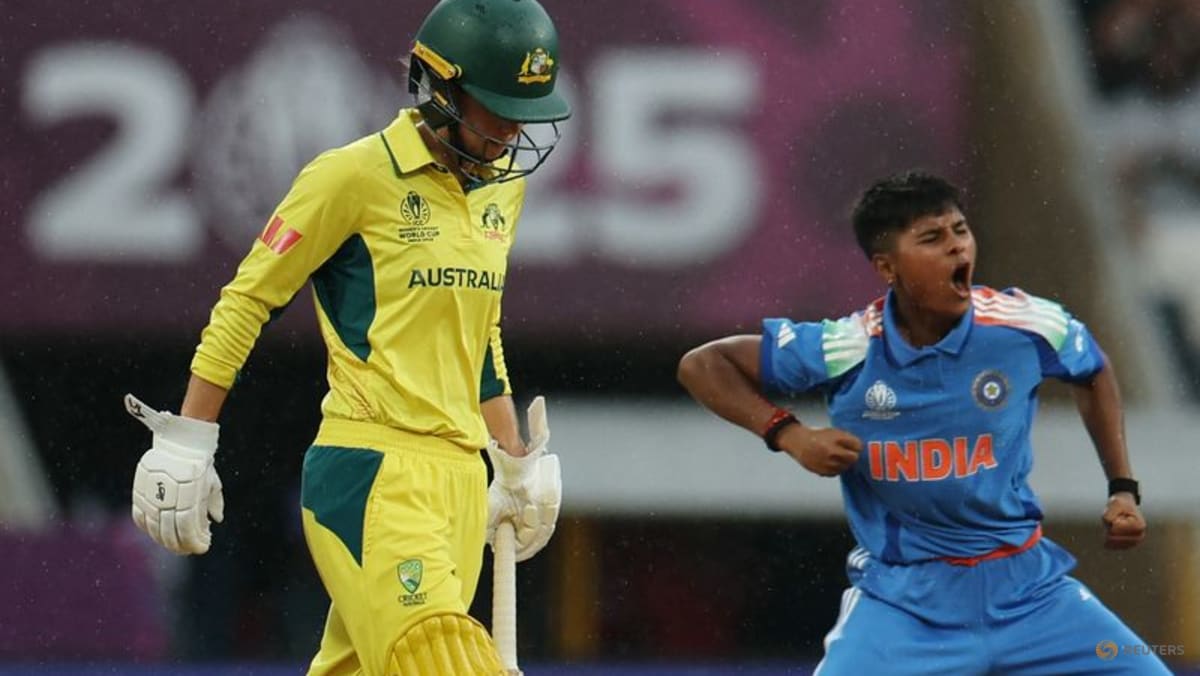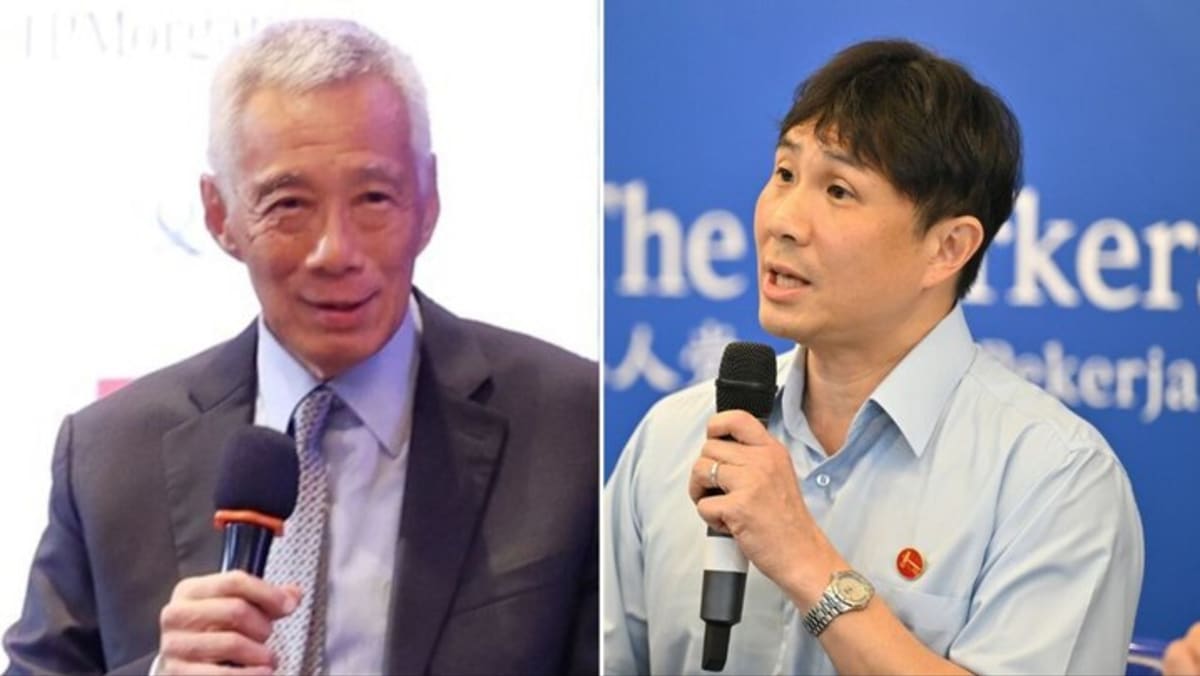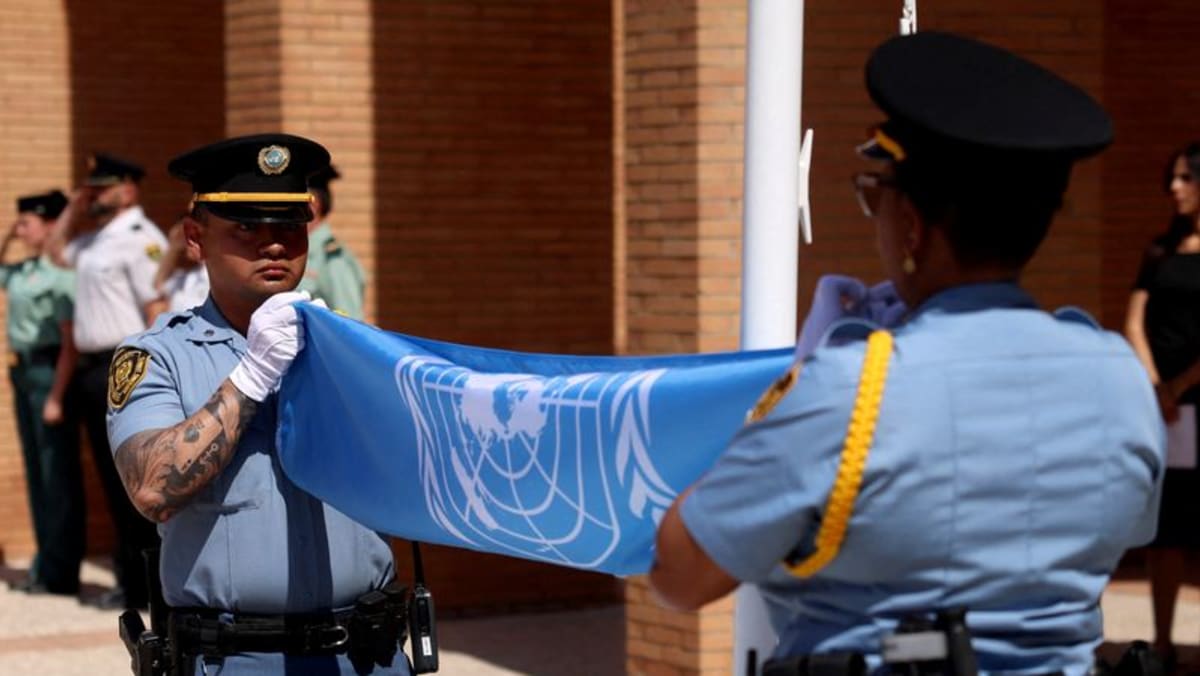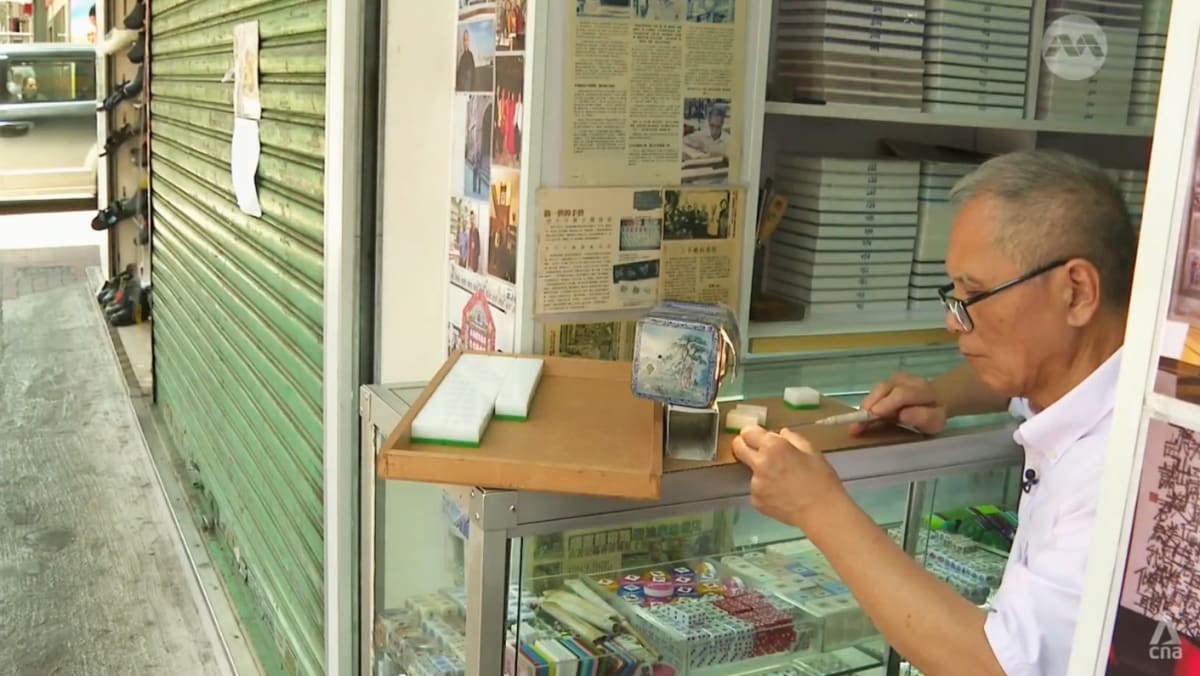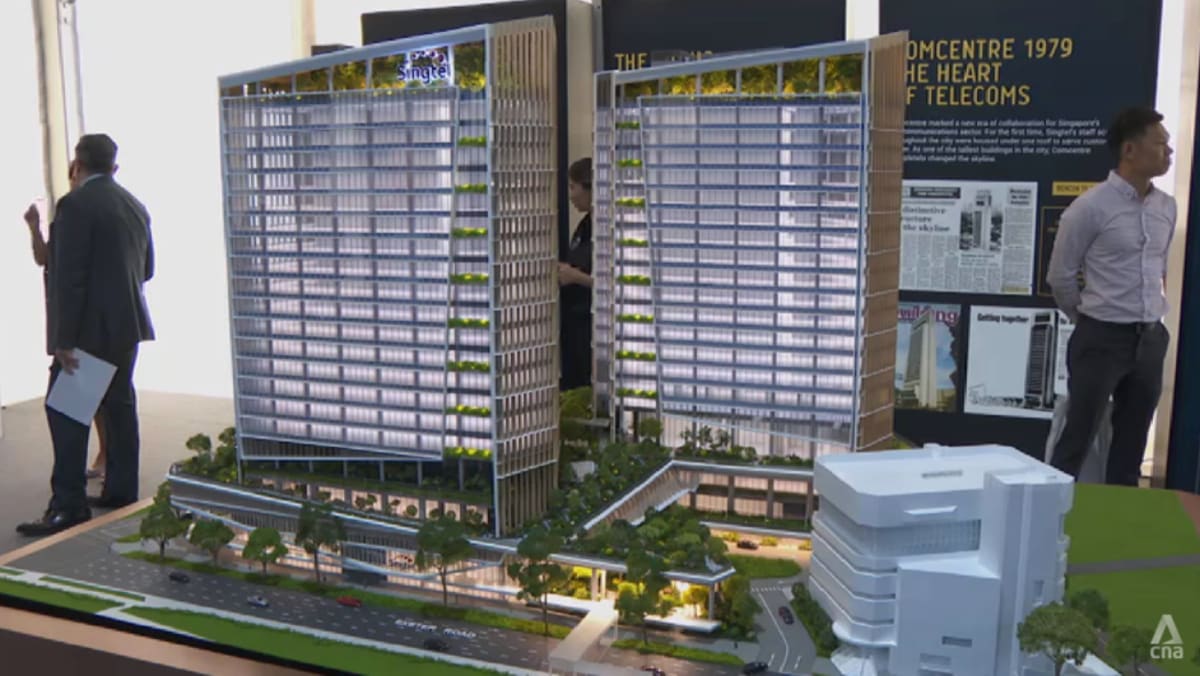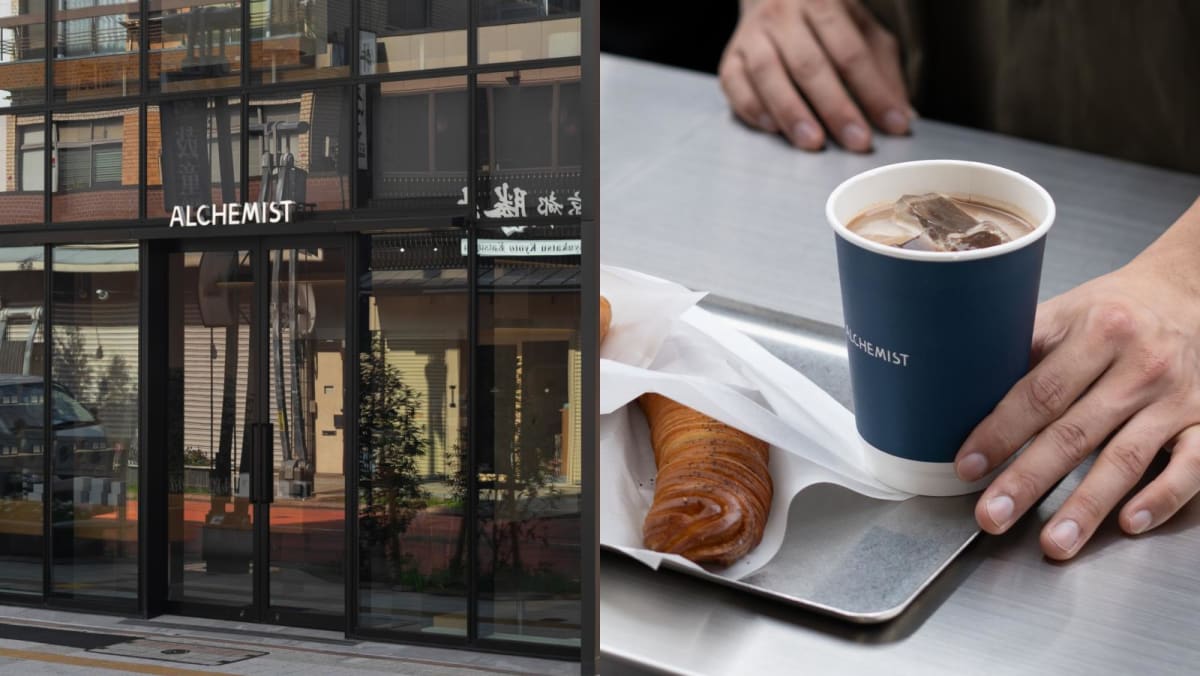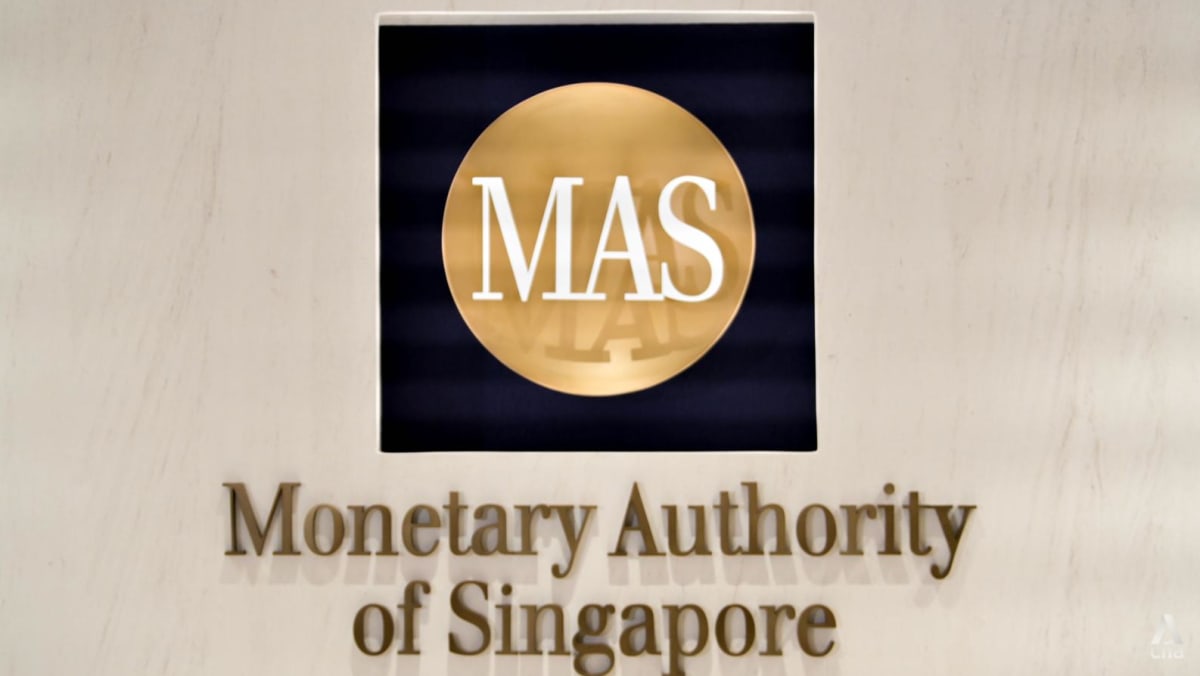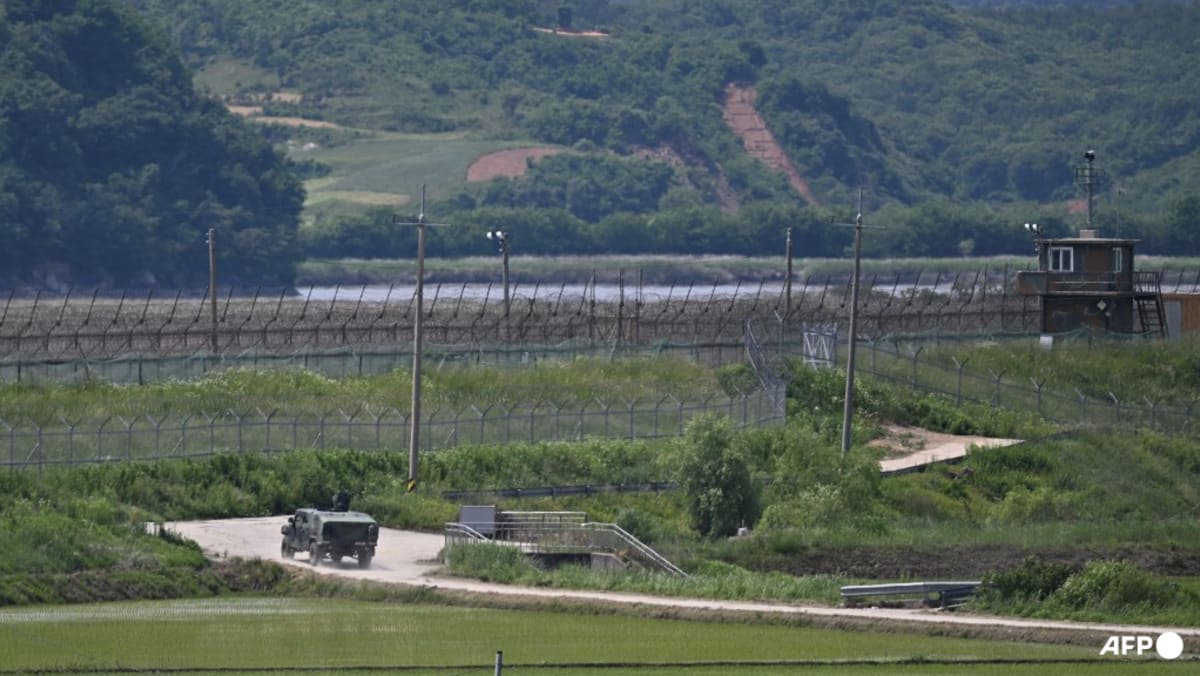US President Donald Trump signed an executive order modifying the reciprocal tariff rates for some countries, the White House said on Thursday (Jul 31).
The reciprocal tariffs range from 10 per cent to 41 per cent.
Malaysia now faces a 19 per cent tariff rate on its goods exported to the US, down from 25 per cent.
Levies on Singapore goods exported to the US remain at 10 per cent.
The tariff rate for Myanmar and Laos stands at 40 per cent. Both countries did not strike deals with the US.
Cambodia and Thailand both saw a reduced tariff rate of 19 per cent from the previously threatened 36 per cent. The lowered rate comes after the two Southeast Asian nations agreed to an immediate and unconditional ceasefire after Trump had threatened not to make trade deals with either country if they continued fighting over a border dispute.
The Philippines and Indonesia face duties of 19 per cent, as per their previously agreed-upon trade deals with the US.
Tariffs on Vietnamese goods exported to the US will face a 20 per cent tariff as previously agreed upon with Washington.Syria faces a 41 per cent tariff rate.
"The president has determined that it is necessary and appropriate to modify the reciprocal tariff rates for certain countries," the White House said in a fact sheet.
No final decision has been made on China, said a senior US official. US and Chinese officials on Jul 29 agreed to seek an extension of their 90-day tariff truce that is set to expire on Aug 12 – though Trump has yet to officially agree to the extension.
Trump on Thursday also signed an executive order increasing tariffs on Canadian goods to 35 per cent from 25 per cent, the White House said.
"In response to Canada's continued inaction and retaliation, President Trump has found it necessary to increase the tariff on Canada from 25 per cent to 35 per cent to effectively address the existing emergency," the White House said.



